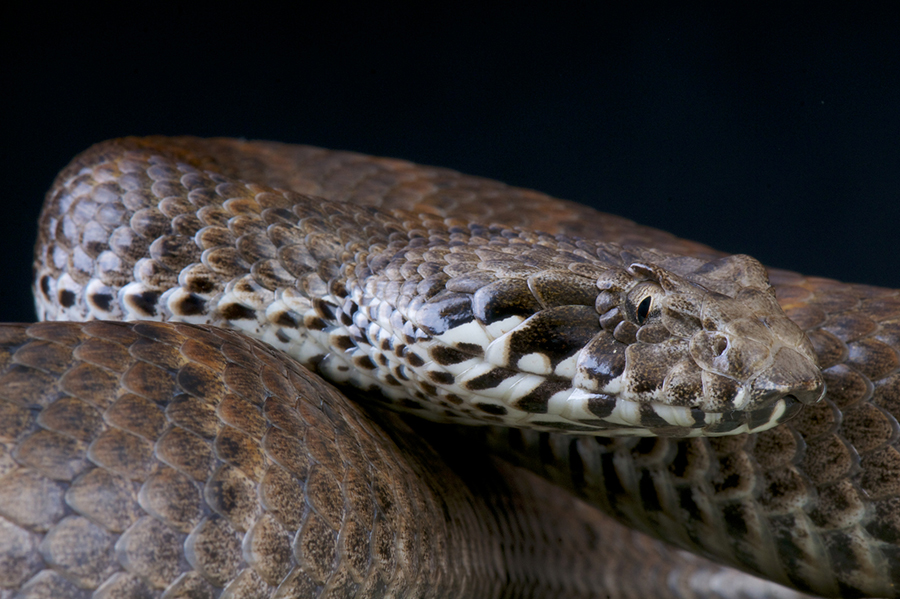Snake Bites in Dogs and Cats
Many cases of snake bite occur in people and animals in Australia each year. In the outskirts of the Perth metropolitan area we see can see at least 30-40 cases of animals being bitten each year. The two types of snakes most commonly involved are the Tiger snake and the Brown snake (Dugite), both of which are very dangerous and able to kill an average dog or cat within hours.
As a guide Tiger snakes tend to be found near water or irrigated areas where as Dugites are more common in drier bush areas.
Other snakes such as the Mulga and Gwardar are in the area, but much less prevalent.
If you suspect that your animal has been bitten by a snake you must contact one of our clinics as soon as possible.
Signs to look for are:
- weakness, collapse
- vomiting
- not able to blink the eyelids
- difficulty breathing or swallowing
- blood in urine
- comatose.
- Cats tend to have milder signs than dogs. They will often present as being ‘dizzy’ with dilated pupils and no ability to blink.
- Dogs can have a rapid onset of signs and many owners often do not notice any signs before they collapse.
Survival Rates:
90-95% of cats will survive a snake bite if treated with anti-venom. If not, the chance is 40-50%.
70% of dogs will survive with anti-venom, however only 5% of dogs will survive if not treated with antivenom .
Treatment
When treating a snake bite, we must act fast. The animal is given placed onto an intra-venous fluid system and appropriate anti-venom is then given very slowly. Multiple vials of antivenom can be required to reverse the effect of the toxin.
With severe envenomation animals will be paralysed and not be able to breath on their own. In these circumstances oxygen therapy will be required and we will need to attach an artificial respirator to the animal.
There can be many other serious effects on the body systems as a result of the toxins in the venom including bleeding complications and organ system failure.
For this reason treatment costs can be in excess of $2000-3000 depending on the level of envenomation. It is important to note that even with treatment, some animals may not respond to the anti-venom.
Response (if successful) is usually noted within 1-6 hours, depending on how many vials of antivenom are required .
If animals recover, they are usually able to go home within 24-48 hours of admittance. Some animals may require longer hospitalisation and monitoring to ensure complete recovery.




